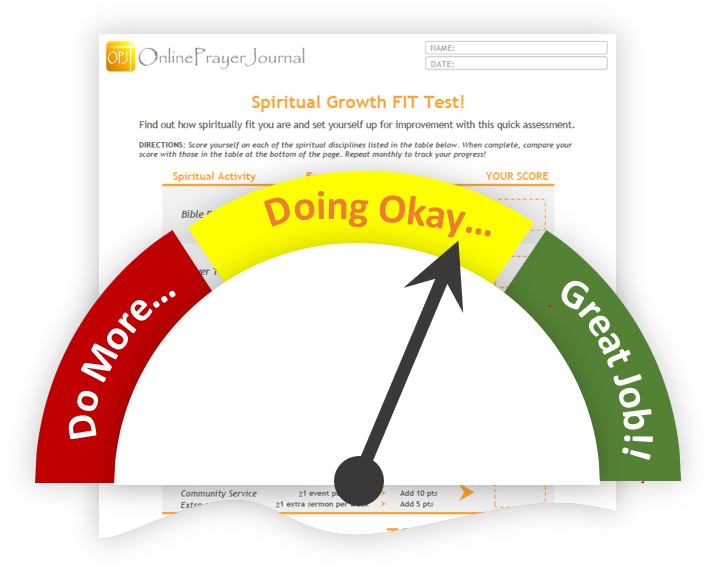In our pursuit of fiercely self sufficient living, we deny our need for help and forfeit a great deal of our spiritual growth potential...

We are inspired to become like the high achievers we idolize.
We idolize the superstars of our sports teams...
We idolize the superstars of TV and in music...
We can even idolize evangelistic ministers.
We pursue fiercely self sufficient living.
Admittedly, leading from a position of strength, competence, and capabilities are all important. After all, how can we help others when we cannot help ourselves?
But there is a HUGE danger in maintaining a constant mindset of independence.
The Pursuit of Self Sufficient Living
Webster's defines self-sufficient as able to supply one's own or its own needs without external assistance; having extreme confidence in one's own resources, powers, etc.
Many of us strive for independence in just about every aspect of our lives.
At home, mothers strive to be supermoms - raising amazing children in a clean house with dinner on the table every evening, even as they serve on the PTA, volunteer for at least one charity, and hold a part- or full-time job.
Fathers strive to be superdads as extraordinary providers, attractive husbands and partners, helpers around the house and yard, and continuous professors of right and wrong for their children.
At work, competence and independence seem to take on elevated importance. The perceptions of others around the office about our abilities is critical to career (and financial) advancement. Our office setting often becomes our arena in which to accumulate as many "wins" as humanly possible.
Furthermore, the American culture is somewhat synonymous with do-it-yourself, pull yourself up by your bootstraps, and figure it out on your own.
When we are incapable of these things, we tend to project strength and independence despite our authentic insecurity. The results can be tragic as we forfeit the help that is available in service to our own pride.
As such, much of our daily lives gets consumed with being or projecting strength and independence.
The Danger of Self Sufficient Living
But there is a very real danger in strong independence... and it is subtle.
This danger is convicting when we first expose it, and ubiquitous once our eyes are opened.
The danger is that we will never truly grow in deep spiritual growth or in deep relationships, without being DEPENDENT on God and others.
Without dependence on God, we will never realize our absolute reliance on Him, or experience the gratitude He deserves for every moment we are given.
When we believe all our own success is directly related to only our own effort, we ignore God's role in finding our spouse, creating our children, controlling the hearts and minds of our friends and business associates, holding our physical and mental abilities in His hand, and more.
Without dependence on others, we will never achieve real community... and community is the stage upon which we act out our Christian walk which ultimately defines the tangible aspects of our spiritual growth.
When we refuse to ask a friend to watch our kids for a bit while we have an important meeting because we don't want to put them out, not only do we forfeit the blessings that friend could offer, but we also refuse them their right to serve us like Christ.
When we refuse to ask someone for help with moving, not only do we suffer without having their help, but also we refuse them their right to act out their Christian faith in service to another.
The Biblical Model
When we look to the Bible for guidance, we quickly realize how drastically different our society's model is from an ideal Christian model.
Logically, if we are all completely self sufficient, we don't need God or each other.
When we don't need God or each other, we have no God to worship and no one to serve.
When we don't worship God or serve anyone, we have no way to practice what Christ preached - love of God and love of neighbor.
Christ Himself modeled a life of relationship with God and servanthood towards others. He preached heavily against the practices of the Pharisees that were focused on "religion" instead of that which is most important to God - "relationship."
Jesus also required servanthood of His disciples. If we want to live a life as His disciple, we are continually called to practice dying to self in service to others.
The book of Acts - the narrative of the foundation of the Church community - clearly illustrates a community of inter-dependence.
These first disciples' dependence upon each other was extreme by our standards today. They literally pooled all their possessions together to "fund" all their activities as a community (Acts 2:44-45).
While we do not desire to become a socialist society, there are aspects of these early Christian communities that we can should look to mimic in our lives.
1. devoted ourselves to the gospel teachings
2. fellowship together (i.e., have meals, do activities)
3. praise God for the community
Romans 12 provides another important and sobering truth about our desire for strong independence.
This chapter reminds us that none of us can do it all. In fact, God didn't design us as fully capable of all we ever need. Rather, "we have different gifts, according to the grace given to each of us" (Romans 12:6). As such, our goals should be aligned with identifying our own set of gifts, and then finding those with complementary gifts within the community.
The bottom line is that God created us for community. We become more true to our inherent design the more we build and live in community with one another.
Conclusion
We discussed the powerful indoctrination in our society to achieve self sufficient living. We are highly programmed to become or project independence.
We also highlighted that we are not actually designed to be self sufficient. Contrary to the world's philosophy, we have so much more to gain by expressing dependence on God and others. God designed us to depend on Him as our Creator and to depend on each other in living model lives of Christian service to others.
In summary, consider the following short action plan to break out of the "independence cycle" and start building deeper dependence on God and others:
1. Continually confess your reliance on God in prayer
2. List 3 to 5 specific areas in which you would like others to help you
3. Ask someone to help you in one of those areas over the next 7 days
4. Suppress the urge to try to pay that person back in some immediate way (you'll get your chance in God's providence)




